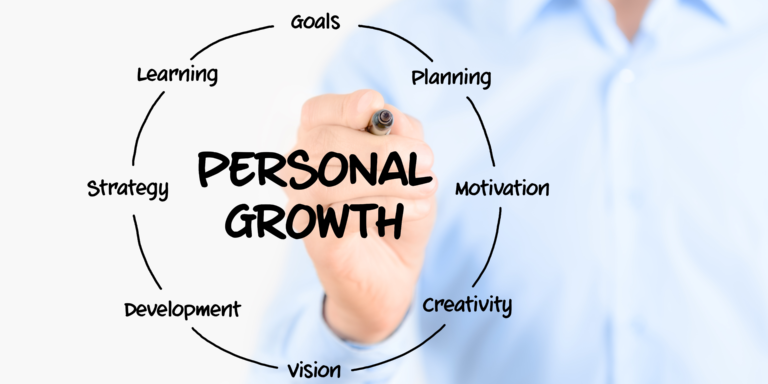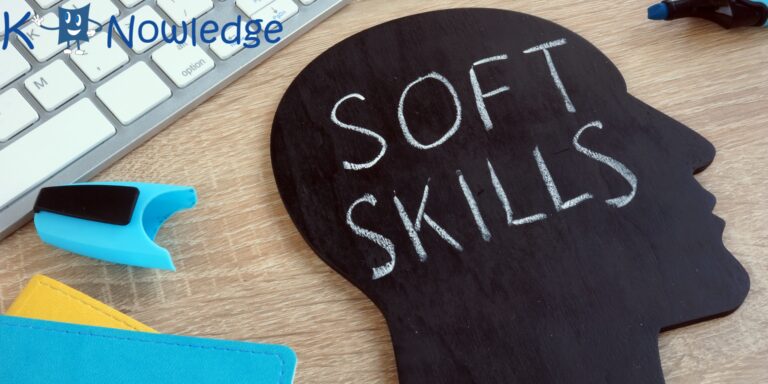How to Improve Critical Thinking

Critical thinking is an essential skill that enables individuals to analyze information, evaluate evidence, and make reasoned decisions
Understanding how to improve critical thinking can enhance various aspects of life, from academic performance and career success to personal growth and effective communication.
This guide explores practical strategies and techniques that can help you develop and refine your critical thinking skills, empowering you to navigate challenges and seize opportunities with confidence and clarity.
What Is Critical Thinking
Critical thinking is a cognitive process that involves analyzing, evaluating, and synthesizing information in a disciplined and reflective manner. It requires the ability to think clearly and rationally, understanding the logical connections between ideas, and being able to assess the validity of arguments and evidence.
Key aspects of critical thinking include:
- Analysis: Breaking down complex information into its constituent parts to understand how they relate to each other and to the overall structure.
- Evaluation: Assessing the credibility and relevance of information sources, as well as the strength of arguments presented.
- Interpretation: Making sense of data and information, interpreting its meaning and implications accurately.
- Inference: Drawing logical conclusions from available evidence and reasoning from premises to conclusions.
- Explanation: Clearly and concisely communicating reasoning and the evidence behind conclusions.
- Self-regulation: Reflecting on one’s own beliefs, thought processes, and biases, and being willing to adjust them in light of new evidence or stronger arguments.
Critical thinking involves being open-minded yet skeptical, questioning assumptions, and being willing to consider multiple perspectives. It is an essential skill for problem-solving, decision-making, and effective communication in both academic and everyday contexts.
Related Article: Personal Growth and Development
How to Improve Critical Thinking
Improving critical thinking involves developing and practicing several key skills and adopting certain attitudes.
This are 10 step will show you how to improve your critical thinking:
- Ask Questions: Cultivate curiosity by asking questions about everything. Who, what, when, where, why, and how questions can help you dig deeper into a topic and uncover underlying assumptions.
- Gather Information: Seek out a variety of information sources, including those that present different perspectives. Reliable information forms the foundation of critical thinking.
- Analyze Information: Break down information into its components. Look for patterns, relationships, and inconsistencies. Try to understand the underlying structure of arguments.
- Evaluate Evidence: Critically assess the quality of the evidence presented. Consider the source’s credibility, the evidence’s relevance, and whether it supports the conclusions drawn.
- Reflect on Your Thinking Process: Regularly reflect on how you think and make decisions. Identify any biases or assumptions that might influence your conclusions.
- Develop Intellectual Humility: Recognize that you don’t know everything and be willing to revise your opinions in light of new evidence or stronger arguments.
- Engage in Discussions and Debates: Discussing and debating with others can expose you to different viewpoints and enhance your ability to articulate and defend your own reasoning.
- Practice Problem-Solving: Engage in exercises and activities that require problem-solving. This helps you apply critical thinking skills in practical situations.
- Read Widely and Critically: Read a variety of texts, including those outside your comfort zone. Practice critical reading by questioning the author’s purpose, the evidence presented, and the conclusions drawn.
- Write Regularly: Writing helps clarify your thoughts and make your reasoning explicit. Regularly practice writing essays, reports, or reflections where you analyze and synthesize information.
- Use Thought Experiments: Engage in hypothetical scenarios to explore different outcomes and perspectives. This can help you understand the implications of different assumptions and decisions.
- Stay Open-Minded: Be open to new ideas and perspectives, even if they challenge your current beliefs. Consider them fairly before forming judgments.
By consistently applying these strategies, you can develop and enhance your critical thinking skills, making you a more effective problem-solver and decision-maker.

Why You Need to Know How to Improve Critical Thinking
Knowing how to improve critical thinking is essential for several reasons, each contributing to personal, academic, and professional development:
- Better Decision-Making: Critical thinking helps you make more informed and logical decisions.
- Problem-Solving Skills: Critical thinking enables you to identify, analyze, and solve complex problems effectively.
- Academic Success: In an academic environment, critical thinking skills are essential for comprehending complex ideas, assessing arguments, and conducting research.
- Effective Communication: Improving critical thinking enhances your ability to communicate clearly and persuasively.
- Career Advancement: Many employers value critical thinking as it indicates an ability to analyze situations, solve problems, and make sound decisions.
- Informed Citizenship: As a member of society, critical thinking allows you to understand and evaluate public policies, political arguments, and media reports.
- Personal Growth: Critical thinking encourages self-reflection and intellectual humility.
- Avoiding Manipulation: With strong critical thinking skills, you are less likely to be swayed by false information, misleading arguments, or manipulative tactics.
- Enhanced Creativity: Critical thinking fosters creativity by encouraging you to explore different angles and consider unconventional solutions.
- Improved Relationships: In personal relationships, critical thinking can improve your ability to understand others’ perspectives, resolve conflicts, and gain effective communication skills.
By understanding how to improve critical thinking, you equip yourself with a valuable toolkit for navigating the complexities of everyday life, achieving your goals, and contributing positively to society.
Related Article: How Can I Improve My Mindset
Conclusion
Understanding how to improve critical thinking is vital for personal, academic, and professional development. By asking questions, gathering and analyzing information, evaluating evidence, and reflecting on your thought processes, you can enhance your decision-making, problem-solving, and communication skills.
Engaging in discussions, reading widely, and practicing writing further bolsters your critical thinking abilities. These skills not only lead to academic success and career advancement but also foster informed citizenship and personal growth.
Ultimately, improving critical thinking equips you to navigate life’s complexities more effectively and make well-informed decisions.






